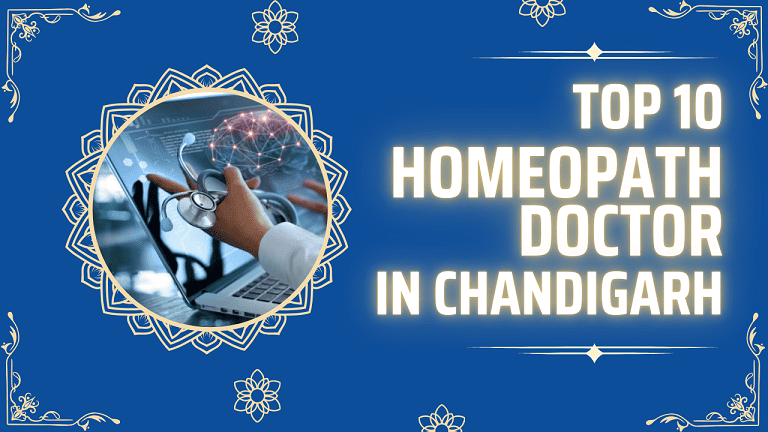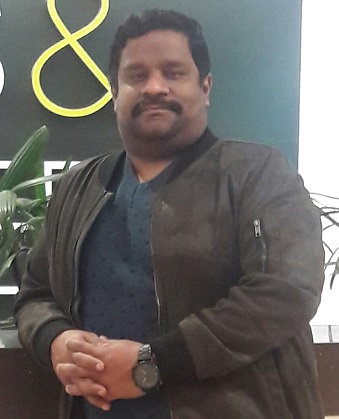Top 10 Homeopath Doctor in Chandigarh
FAQ
What is the scope of a homeopathic doctor?
Homeopathic doctors, or RMOs, work in healthcare facilities providing personalized care. After completing postgraduate degrees like MD or MS in Homeopathy, they can specialize in Pediatrics, Dermatology, or Psychiatry. Their scope includes diagnosing patients, prescribing homeopathic remedies, and developing treatment plans.
They focus on holistic healing, considering a patient’s physical, mental, and emotional well-being. Homeopathic doctors often collaborate with other healthcare professionals to provide comprehensive care.
What is a homeopathy doctor?
A homeopathy doctor is a trained medical professional who practices the alternative medicine system of homeopathy. They create individualized treatment plans based on a patient’s unique symptoms, medical history, and lifestyle.
Homeopathic doctors use highly diluted natural substances as remedies, believing in the principle of “like cures like.” They aim to stimulate the body’s self-healing mechanisms and treat the whole person, not just specific symptoms or diseases.
What are the principles of homeopathy?
The fundamental principle of homeopathy is the “Law of Similars,” which states that a substance causing symptoms in a healthy person can treat similar symptoms in a sick person.
Other fundamental principles include individualization of treatment, use of minimum dose, and the single remedy. Homeopaths believe in treating the whole person, considering physical, mental, and emotional aspects. They also adhere to the concept of vital force and dynamic remedies.
What is the science behind homeopathy?
Homeopathy is based on two controversial theories: “Like cures like” and the “Law of minimum dose.” The first suggests that a substance causing symptoms in healthy people can cure similar symptoms in sick individuals.
The second proposes that lower doses are more effective. While some studies suggest positive outcomes, the scientific community broadly considers homeopathy’s effects as placebo. The mechanism of action remains unproven by conventional scientific standards.
What is the limitation of homeopathy?
Homeopathy has several limitations. It cannot cure diseases arising from genetic abnormalities or primary nutritional deficiencies. It’s also ineffective for conditions requiring mechanical interventions, such as surgeries.
Homeopathy may not be suitable for acute, life-threatening emergencies or advanced stages of chronic diseases. Its efficacy in treating infectious diseases is debated. The lack of standardization and scientific evidence also limits its acceptance in mainstream medicine.
Is homeopathic medicine safe?
Homeopathic remedies are generally considered safe due to their high dilution. However, some may contain substances that could interfere with other medications or cause side effects.
Quality control and regulation vary by country, potentially leading to inconsistencies in product safety. While serious adverse effects are rare, consulting a qualified practitioner and informing them of any existing health conditions or medications is crucial to ensure safe use.
What is the logic of homeopathy?
Homeopathy’s logic is rooted in the belief that the body can heal itself when appropriately stimulated. It uses highly diluted substances that, in more significant amounts, would cause symptoms similar to those being treated.
This principle, “like cures like,” is central to homeopathic thinking. Practitioners believe these minimal doses trigger the body’s natural healing mechanisms. While conventional medicine contests this logic, proponents argue it addresses the root cause of illness.
How does a homeopath diagnose?
A homeopath diagnoses by conducting an in-depth interview focusing on the patient’s physical, mental, and emotional symptoms. They observe personality traits and unusual behaviors. The homeopath may perform a physical examination and order laboratory tests if necessary.
This comprehensive approach aims to understand the patient, not just their primary complaint. The goal is to find the most appropriate remedy that matches the patient’s unique symptom picture.
What happens if you take the wrong homeopathic remedy?
If a person takes the wrong homeopathic remedy, typically, nothing happens. Homeopathic remedies are highly diluted and are believed to work only when there’s a hypersensitivity to the specific substance.
If the correct remedy is given, it can act as a catalyst for the body’s defenses. However, taking the wrong remedy may delay proper treatment, which could be problematic for severe conditions.
Why is homeopathy expensive?
Homeopathy can be perceived as expensive due to several factors. Practitioners often include their consultation fees in the medicine cost. Some remedies require high-grade purity and serial dilutions, increasing production costs.
However, compared to long-term conventional treatments, homeopathy can be more affordable. The initial consultation may be costly due to its comprehensive nature, but follow-up appointments and remedies are usually less expensive.
How successful is homeopathy?
The success of homeopathy is highly debated. While many users report positive outcomes, rigorous scientific evidence supporting its effectiveness for specific health conditions is lacking. Mainstream medical communities generally consider any benefits as placebo effects.
Homeopathy should never replace standard medical treatments or vaccinations. Some studies suggest potential benefits for certain conditions, but more research is needed to draw definitive conclusions about its success rate.




